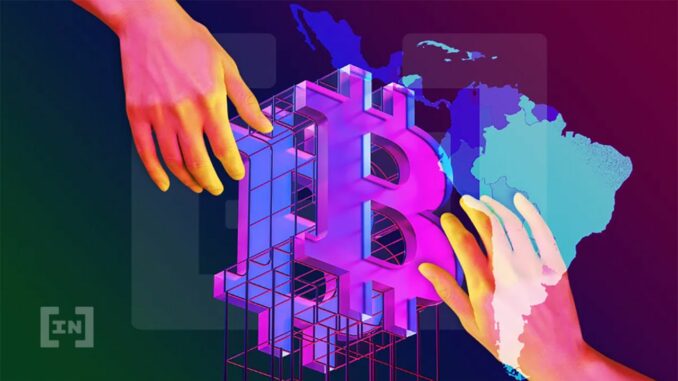
Honduras has launched a ‘Bitcoin Valley’ in the tourist town of Santa Lucia. The goal is to encourage tourism, with 60 businesses initially offering the payment feature.
Honduras is the newest country to see a town accept cryptocurrency as payment, as the tourist town of Santa Lucia now has a “Bitcoin Valley.” Businesses can accept cryptocurrencies for payment in the town, which is a short drive from the capital of Tegucigalpa.
The launch is a bid to attract more tourism. Other countries, including El Salvador, have benefited from becoming more crypto-friendly, attracting tourists and entrepreneurs alike. Initially, 60 businesses will be able to accept cryptocurrencies, and they will be trained to do so before it is expanded to other areas and businesses.
Honduras’ Blockchain Honduras organization, Guatemalan cryptocurrency exchange Coincaex, the Technological University of Honduras, and Santa Lucia’s municipality have jointly collaborated on the effort. Leonardo Paguada, the founder of the Blockchain Honduras organization, also said that merchants will be able to receive instant payments in the local currency.
However, this is not the first time that Honduras has worked with crypto. The country appears to be warming up to crypto, like many others in the region.
Honduras and other Central American countries eyeing crypto
Countries in the Central American continent have been testing crypto initiatives to better weigh the risks and benefits. The Honduras Economic Zone recognized bitcoin as a legal tender in April 2022 and allowed taxes to be paid in BTC. It has also permitted entities to issue bitcoin bonds.
Of course, El Salvador is the most gung-ho about crypto, with the government recognizing bitcoin as a legal tender nationally. This has repeatedly resulted in warnings from global organizations, who worry that it may risk financial stability and facilitate illicit activity.
Experiments closely watched by global organizations
The International Monetary Fund (IMF) and the Bank for International Settlements (BIS) have both issued statements about the risks of cryptocurrency. The latter said that the fears of crypto have come true, pointing to the recent market crash and TerraUSD collapse.
The IMF has expressed concern over adopting bitcoin as a legal tender for El Salvador and the Central African Republic. It has also been said that DeFi poses a risk to financial markets and needs regulation.
Disclaimer
All the information contained on our website is published in good faith and for general information purposes only. Any action the reader takes upon the information found on our website is strictly at their own risk.







Kommentar hinterlassen